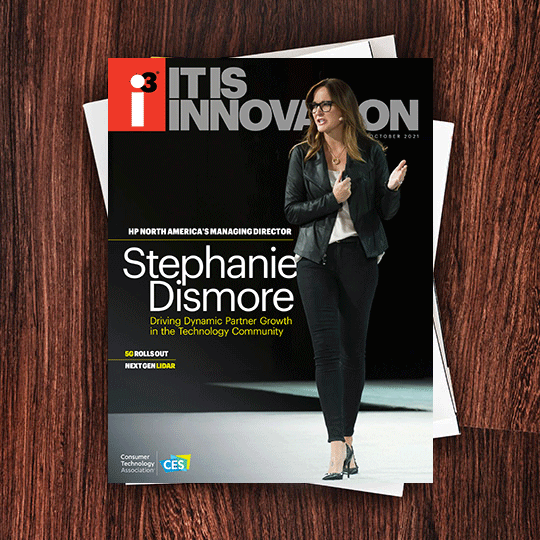Urban retrofitting is emerging as an alternative solution to starting from scratch.
Digitization is transforming the public sector and how electronics systems support local governments, citizens, communities and businesses. The pandemic underscored the need for data driven management, with inputs coming from many sectors including acquiring, recording and analyzing massive quantities of citizen data from a complex network of interconnected sensors, devices and software including contactless financial transactions.
Technology standards are the glue that maximizes efficiencies across the smart city landscape. Security and consistent interoperability need to be assured since integrators and developers navigate diverse ecosystems and a plethora of complex and fragmented standards between various devices that adhere to different protocols.
Increasingly needed are privacy friendly regulatory guidelines, transparency, and other guidance around the rules that govern algorithms to protect citizens privacy. Further, with ransomware attacks increasing, the focus on cybersecurity innovations is intensifying.
Since data, computing and connectivity are central to effectively managing cities, mitigating uncertainties and predicting growth or declining sectors, the search is on for the right configuration of policy to govern AI, without kneecapping innovation.
Today, city operations are interdependent and no longer function in silos. Urban planners also do not have the luxury of delaying technology modernization until the tech ‘matures.’ The pandemic illustrated how technical mismanagement cost lives as the vaccine process laid bare the inadequacies of U.S. public service infrastructures.
Cities that embrace new thinking and innovations will overcome these challenges and thrive. Urban retrofitting is emerging as an alternative solution to starting from scratch. Increasingly, the pathway towards smart cities will include various bridges into the future.
What innovative solutions can advance the societal and economic vitality of the post-COVID smarter city? New infrastructures need to be built and transformative solutions will make cities smarter and more responsive to the needs of its citizens even during a crisis

I3, the flagship magazine from the Consumer Technology Association (CTA)®, focuses on innovation in technology, policy and business as well as the entrepreneurs, industry leaders and startups that grow the consumer technology industry. Subscriptions to i3 are available free to qualified participants in the consumer electronics industry.